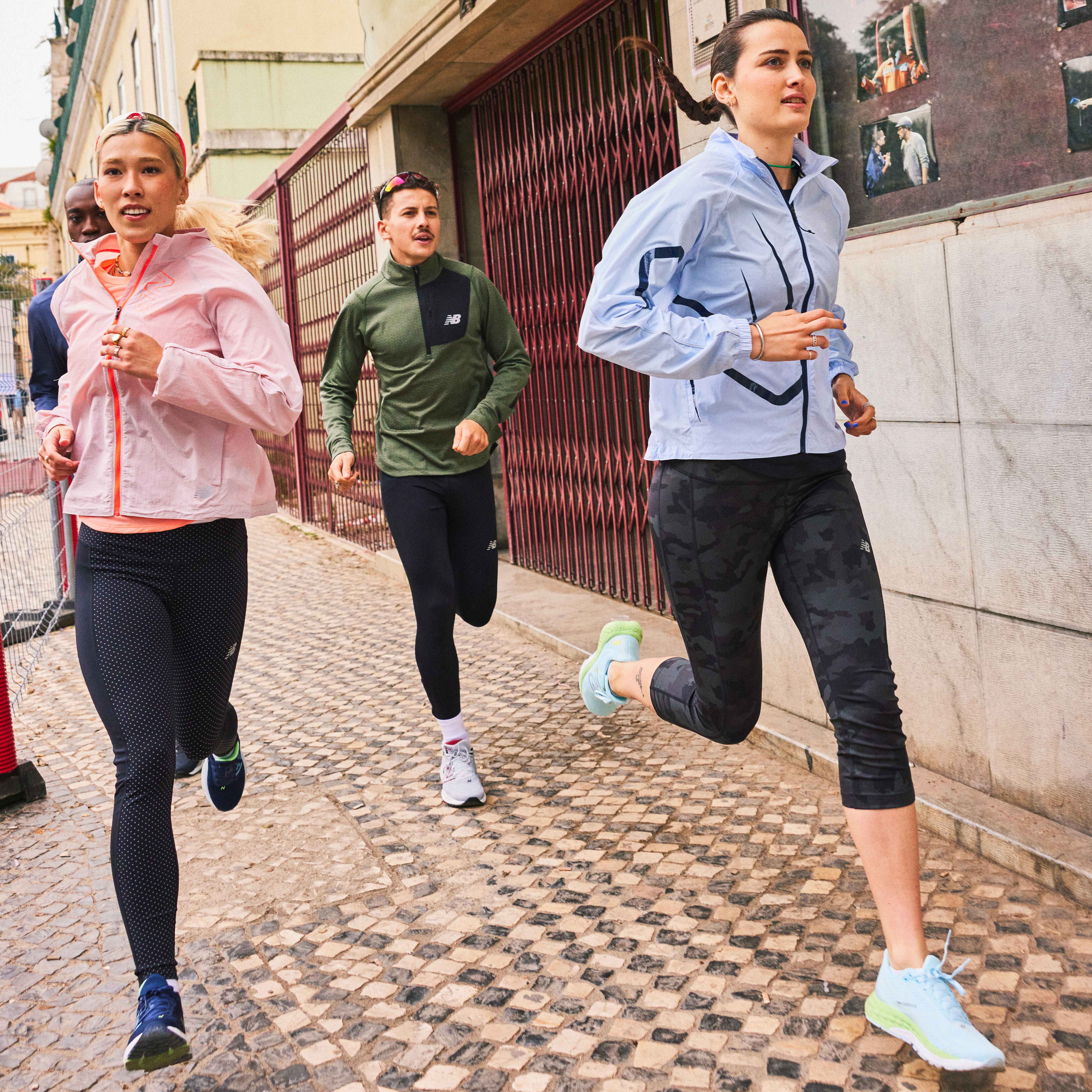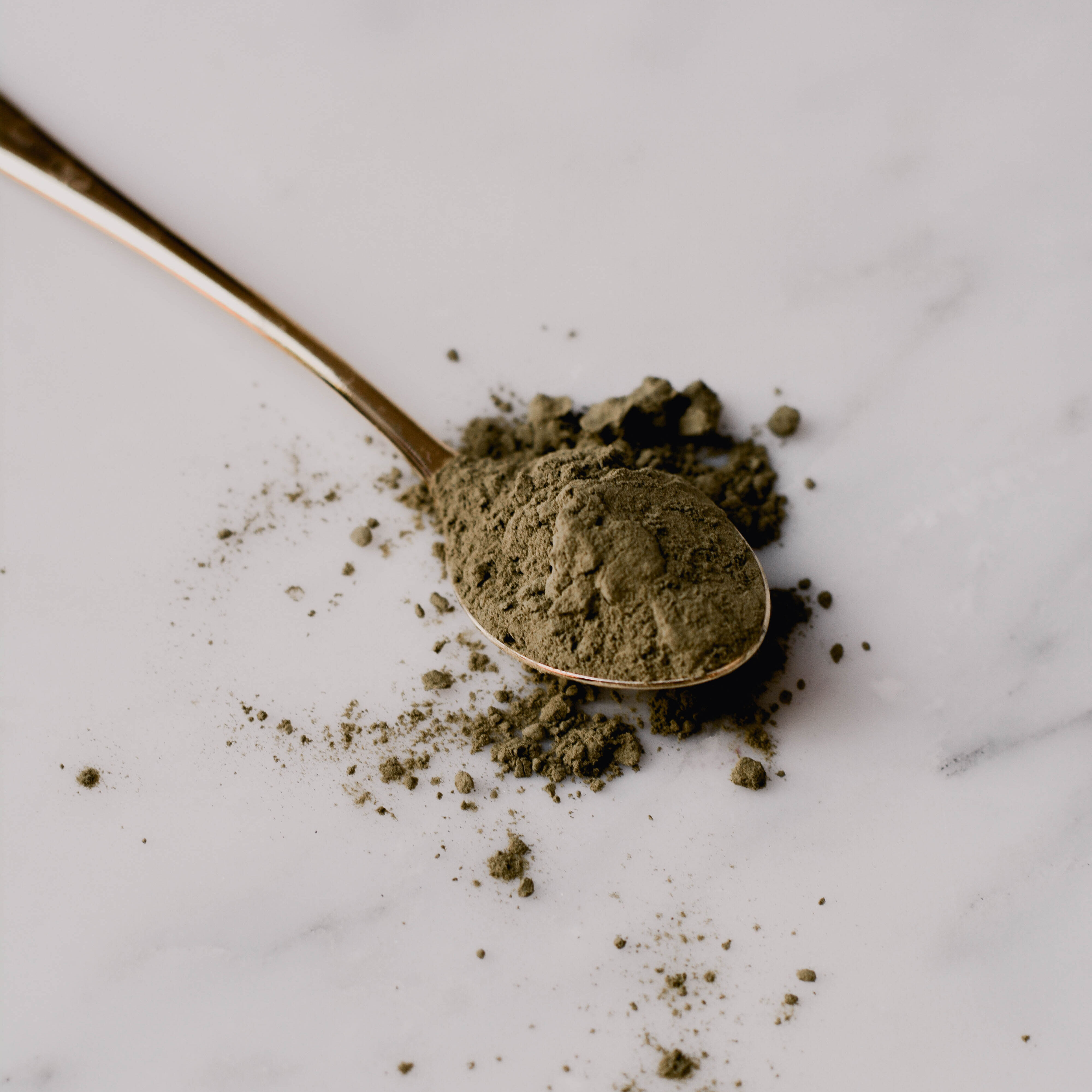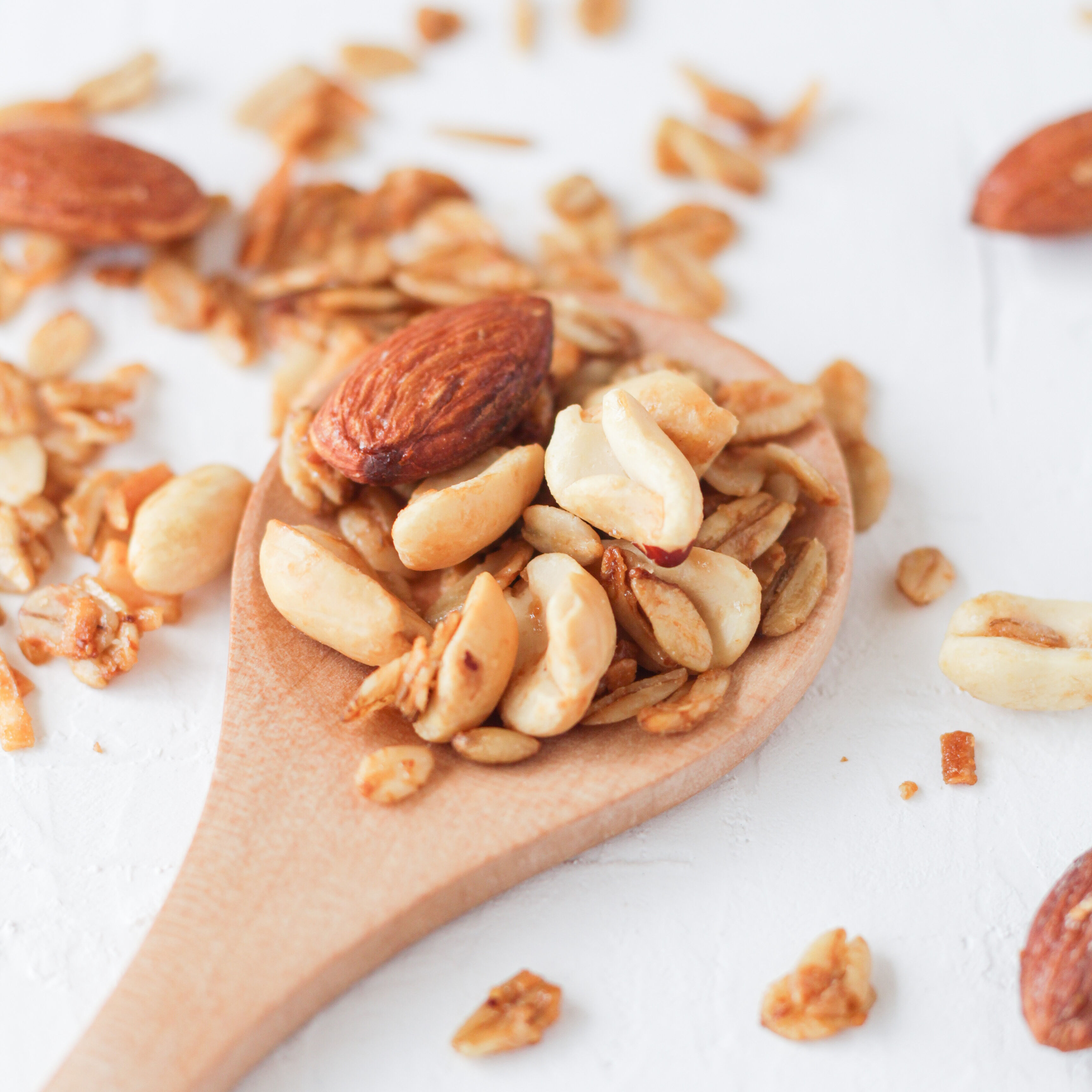
Your training diet
A healthy training diet looks, in most part, pretty similar to a healthy normal diet:
• Yes, you should eat at least 5 portions of fruit and veg a day.
• Yes, you should avoid too much sugar, booze and processed foods.
• Yes, you should be consuming the right amount of calories.
Of course, with the increased demands you place on your body while running, that’s not the full picture. The balance of protein, carbohydrate and fat which you need from your diet is likely to change. Plus, you might find yourself suffering from a lack of nutrients that you never knew existed.
Supplement vs nutrient
Mother nature provides everything the human body needs, so in theory most supplements are inessential. In practice, do you know how many pumpkin seeds you’d need to consume daily to hit your target milligrams of magnesium?
Micronutrients (vitamins and minerals) are an often forgotten, but hugely influential element of your diet. They’re the reason why, even if you’re hitting your carb and protein goals, you could be struggling to ramp up
your training, or find yourself dealing with more cramps, aches, pains or common colds than usual.
Magnesium, zinc and calcium are three of the most important micronutrients for keeping your body in optimal running condition.
• Naturally found in nuts, beans, chocolate and wholegrains, magnesium is an essential part of hundreds of the biochemical reactions that happen in your
body every day. Not getting enough can cause cramping, fatigue and heart problems.
• Although dairy is the most famous source of calcium, it’s also present in broccoli, cooked kale and almonds. Getting enough of this nutrient can help strengthen bones and reduce the risk of fractures.
• Zinc can help break down carbohydrates in your body and is also a good nutrient for supporting your immune system. You can find it in meats, fish, pulses, nuts and seeds. If you’re in an intense training period, getting enough zinc will help stave off colds and other disruptive ailments.
Food for runners needs to do more than just provide the calories and energy to keep the body going, choosing the right kind of sustenance is crucial. Vitamin supplements are a good way to top up your micronutrient levels — especially if you struggle to get enough of particular food groups — but unless you have a medical deficiency, the best source is usually through whole foods.



Pre- and post-run nutrition
Carbohydrates and protein are the body’s engine fuel, providing the energy you need to train, and the raw materials to build and repair your muscles. Getting enough carbohydrates in before a strenuous workout is rarely an issue for most people as A) carbs are everywhere and B) they tend to be in all the most crave-worthy foods.
Topping up on protein after a big run, however, can be a little more complex.
As you’re running, the muscles in your legs experience micro-tears, which the body repairs using your stores of amino acids — the building blocks of protein. So, replenishing your protein stores post-run will help you recover faster.
The problem with this is, the wholefood sources of protein we’re most familiar with (tofu, chicken, nuts, beans and egg whites) aren’t always the best thing to
eat after a run, as far as convenience and physical comfort goes at least. That’s where protein supplements can be a handy substitute.
• It’s not always easy to eat after a run, and your first priority might be re-hydration. A protein shake can kill two birds with one stone.
• If you’re adjusting the proportion of macronutrients in your diet, shakes can add much needed grams of protein to your daily intake.
You actually need a little of both these nutrients before and after a big workout, so try and make sure you get a little bit of protein with your carbs beforehand, and carbohydrates to replenish your glycogen stores afterwards.
Mid-run nutrition
A word on energy gels – if you’ve tried them, you’ll know: they’re not for everyone. While not necessarily a supplement, they’re certainly not a wholefood. And what they can make up for in terms of speedy
absorption of energy, lightweight packability and presence on marathon routes, can be undermined by your stomach’s reaction to them.
Long distance running
Although incredibly handy for avoiding the bonk, energy gels aren’t essential to a runner’s diet. Before they became readily available, marathon runners scoffed chocolate and dried fruits to give them a mid-run energy boost — some still do this, and some use a combination of the two.
There’s no getting away from the efficacy of gels, but if you can’t stomach them, then whole foods should still do the trick.
People have been running long distance for as long as human history records; what we physically need hasn’t changed, but our understanding of our bodies, and our access to easy food sources, has.
It’s not the supplements that are essential to your running diet, but the knowledge. Whether you choose to bolster your nutrient intake with protein powders, gels and pills, or meal-plan your way to all-natural, optimum fuelling, arm yourself with a good understanding of what your body needs to run. That way, you’ll be as fast, strong, and as healthy as you need to be.



